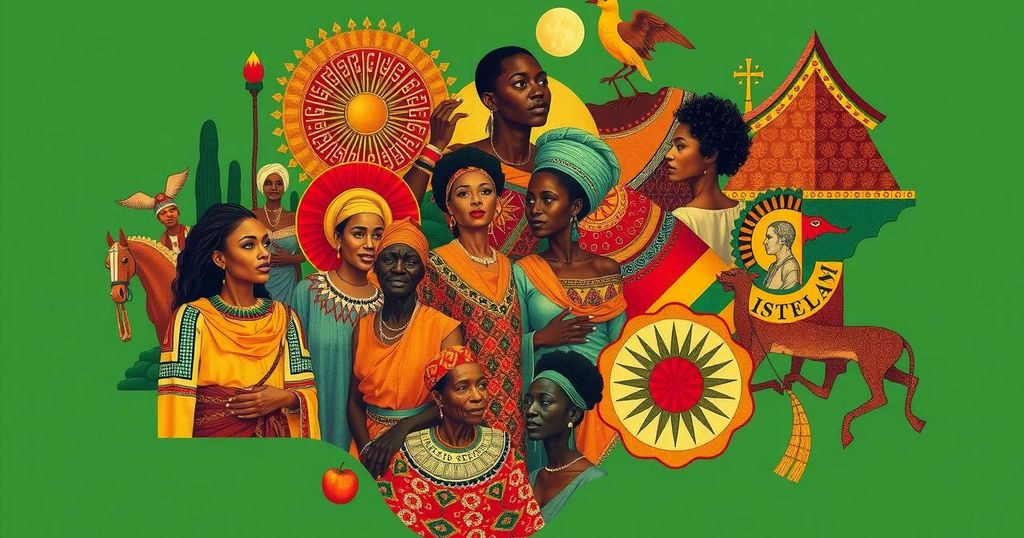Falola Critiques Ethnic and Religious Politics as Threats to Nigeria’s Unity

Prof. Toyin Falola warns that ethnic and religious politics threaten Nigeria’s unity and democracy. In a recent lecture, he criticized how these divisions undermine governance and promote instability. He called for leadership based on competence, emphasizing the need to move past identity politics to foster national cohesion and address key issues facing the country.
In a compelling address, esteemed historian Prof. Toyin Falola emphasized the detrimental impact of ethnic and religious politics on Nigeria’s unity and democratic progress. Speaking at the Prof. Ayo Olukotun Memorial Lecture on March 18, 2025, he criticized the stronghold of these divisions, which undermine governance and exacerbate political instability. Falola articulated that identity politics have eclipsed merit-driven leadership, resulting in significant harm to national cohesiveness.
The 2019 presidential election exemplified the influence of tribal and religious affiliations on political choices. Falola noted that despite the candidates sharing similar backgrounds, the election intensified existing mistrust among different groups, questioning, “Why is there so much apprehension and foreboding when the presidential race is mainly between two politicians of northern extraction, who belong to the same religion?” He lamented that such scenarios do not unify the populace but highlight the fragility of Nigeria’s societal fabric.
Furthermore, Falola condemned the practice of appointing leaders based on ethnic and religious affiliations, arguing it undermines governance and fosters mediocrity. He indicated that this has led to a system where public office serves personal and sectional interests rather than focusing on national development. He also highlighted the erosion of democratic integrity due to these biases.
Addressing the interplay of religion and politics, Falola suggested that religion has become a tool for political elites rather than a force for accountability. He stated, “Instead of serving as a bulwark for the anti-corruption crusade, religion has been hijacked by political gladiators who act out of cynical self-interest.” He warned that as long as public offices revolve around personal gain, ethnic and religious divisions would persist, obstructing true national unity.
In his closure, Falola called for a shift away from identity politics toward governance grounded in competence. He asserted, “We cannot keep sacrificing national progress on the altar of sectional sentiment,” and urged for political maturity aimed at addressing Nigeria’s core challenges. He challenged civil society to foster a new political culture prioritizing policy-driven debates.
The event attracted various scholars and political figures, including Dr. Olorunnimbe Mamora, the former senator, who presided over the lecture. Prof. Kabiru Adeyemo, Vice Chancellor of Lead City University, emphasized the significance of the occasion in fostering national dialogue and addressing pressing issues facing Nigeria.
Prof. Toyin Falola’s address highlights the urgent need to address the ethnic and religious divisions that plague Nigeria’s political landscape. He advocates for a transition from identity politics to governance focused on competence and national interests. By fostering a political culture that prioritizes policy over tribalism, Falola believes Nigeria can work towards achieving true unity and democratic progress. His remarks reinforce the vital role of civil society and governance in tackling foundational issues within the nation.
Original Source: tribuneonlineng.com







